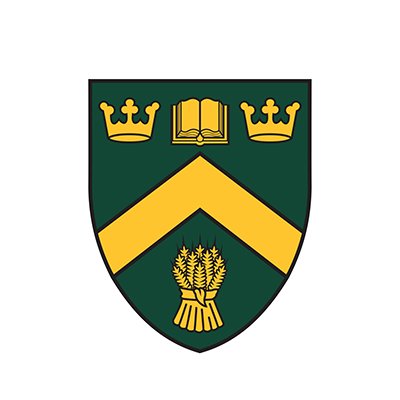The Practical Nursing program at Sault College is designed to prepare students for a career as a Licensed Practical Nurse (LPN) in various healthcare settings. The program combines theoretical knowledge with practical hands-on training to equip students with the necessary skills to provide safe and competent nursing care. Here are some key aspects of the Practical Nursing program:
Nursing Fundamentals: Students learn the foundational principles of nursing, including basic anatomy and physiology, nursing theory, and healthcare ethics. They gain an understanding of the role and responsibilities of practical nurses within the healthcare system.
Clinical Skills: The program focuses on developing essential clinical skills required in nursing practice. Students learn how to perform various procedures, such as medication administration, wound care, vital signs monitoring, and infection control. They also learn about documentation and maintaining accurate health records.
Health Assessment: Students learn how to assess the health status of individuals across the lifespan. They gain skills in conducting physical assessments, recognizing signs and symptoms of common health conditions, and documenting assessment findings.
Medical-Surgical Nursing: The program covers the care of individuals with common medical-surgical conditions. Students learn about disease processes, pharmacology, and nursing interventions related to conditions such as cardiovascular disorders, respiratory disorders, gastrointestinal disorders, and musculoskeletal disorders.
Maternal and Child Health: Students learn about nursing care for expectant mothers, newborns, and children. They gain knowledge in prenatal care, childbirth, postpartum care, pediatric growth and development, and common pediatric health conditions.
Mental Health Nursing: The program includes instruction on mental health nursing, focusing on the assessment and management of individuals with mental health disorders. Students learn about therapeutic communication, crisis intervention, and promoting mental well-being.
Professionalism and Ethics: The Practical Nursing program emphasizes professionalism, ethical conduct, and the legal responsibilities of practical nurses. Students learn about professional standards, cultural competence, and maintaining confidentiality and privacy in healthcare settings.
Clinical Placements: The program typically includes supervised clinical placements in various healthcare settings, such as hospitals, long-term care facilities, and community healthcare agencies. These placements allow students to apply their knowledge and skills in real-world nursing practice under the guidance of experienced nurses.
Show less














